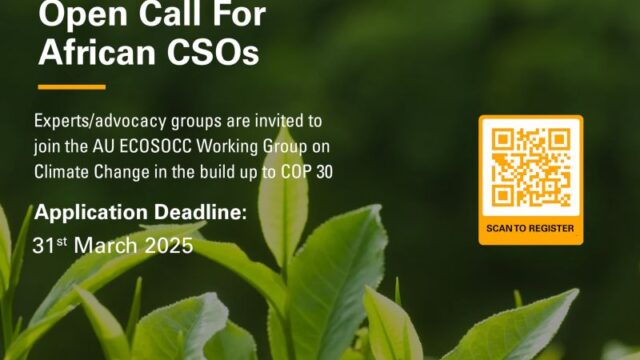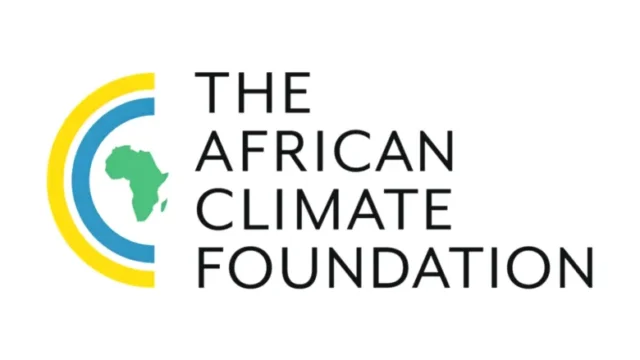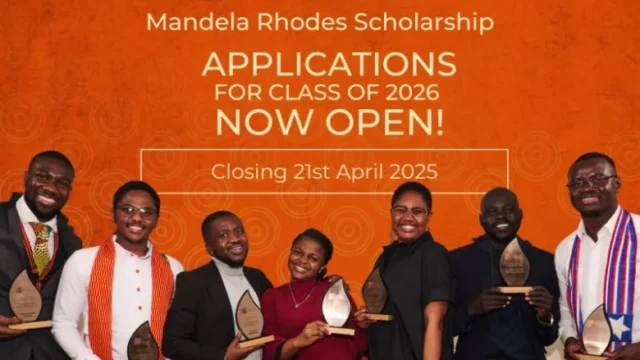Applications are open for the “Let’s Hack Climate Change” Hacklab
Impact of Climate Change on Young People and Girls:
Young people, particularly girls, are among the most vulnerable groups affected by climate change. According to Plan International, only 2 percent of national climate strategies mention girls. A study analyzing data from 219 countries between 1970 and 2009 revealed that for every additional year of education for women of reproductive age, child mortality decreased by 9.5 percent. This indicates that as climate change leads to displacement and reduced access to education, child mortality rates could worsen. Additionally, as climate disasters become more frequent, girls are more likely to drop out of school, which could result in higher rates of child marriage, increased vulnerability to violence and exploitation, mental health challenges, sexual and physical abuse, trafficking, disrupted sexual and reproductive health services, and malnutrition.
As climate disasters become more prevalent, especially in the world's most vulnerable and impoverished regions, it is essential to involve young people in developing and shaping their communities' climate adaptation and resilience strategies. However, youth are also leading the way in climate innovations to tackle one of the most significant challenges of recent decades.
There is a need for youth-led, innovative solutions to address the challenges of climate change adaptation and sexual and reproductive health and rights (SRHR). These solutions should integrate cross-sectoral approaches, building on and scaling successful models to ensure SRHR services, including contraceptive access, are embedded in climate resilience efforts and local environmental sustainability plans.
Supporting the empowerment of young people, women, and marginalized groups through gender-transformative and rights-based climate adaptation initiatives will enhance the adaptive and resilience capacities of individuals and communities to the complex and intersecting impacts of climate change.
UNFPA's 2024 Climate Hacklab:
In response, UNFPA will launch the "Let's Hack Climate Change" Hacklab in 2024, aimed at improving community climate resilience through youth- and women-led innovation. This initiative builds on UNFPA East and Southern Africa Regional Office's (ESARO) climate innovation program.
The project will host a series of climate innovation hackathons, encouraging young people to develop innovative ideas into viable, community-driven climate solutions.
With insights from the pilot phase, the 2024 Climate Hacklab will also support gender-transformative climate solutions. The project will create a network of innovators and a pipeline of ready-to-implement solutions that UNFPA Country Offices (COs) and other partners can adopt to accelerate impact in line with UNFPA's climate change objectives.
Challenge Format:
1. First Phase - Call for Innovations:
- UNFPA COs will open calls for innovation startups, and UNFPA ESARO, with partner support, will long-list country-specific solutions. These solutions will be categorized on the ENGINE (through Bright Ideas) Platform, where innovators will refine their ideas through product and business development cycles. A CO-level pitch event will identify two solutions per country for regional-level pitching and showcasing. The regional pitch event will award two solutions with $10,000 each in seed and scale support, with additional thematic technical assistance to prepare the solutions for mainstreaming in UNFPA's climate change interventions.
2. Second Phase - Investment Readiness Preparation:
- The two regional solutions will receive ongoing support from enterprise coaches in their local communities, aligning them with UNFPA's plan to support scalable solutions. UNFPA Regional Office, COs, and partners will continue to support these solutions, helping them find new customers, facilitating adoption, and integrating them into country programs. UNFPA will collaborate with partners, such as AfDB, to explore market access opportunities through exhibitions, pitch sessions, networking, and direct sales. Initial activities in 2024 will include workshops for country-level adoption, where management and thematic teams will brainstorm opportunities for mainstreaming and adoption.
Country Priority Areas:
1. Madagascar: Focus on risk reduction, preparedness, and emergency response, with opportunities in empowering women, girls, youth, and marginalized groups in climate hotspots, and promoting access to health and protection systems. Innovations from any region of Madagascar are accepted, with a preference for the districts of Amboassary, Manakara, and Mananjary.
2. Mozambique: Focus on a healthy, educated, and empowered population with fulfilled sexual and reproductive health and rights. Innovations aligned with the National Climate Change Adaptation and Mitigation Strategy (NCCAMS) are encouraged, particularly those targeting Nampula and Zambezia, though submissions from any region of Mozambique are welcome.
3. Kenya: Focus on risk reduction, preparedness, and emergency response, with a preference for innovations promoting youth, women, and marginalized groups' involvement in SRHR delivery in climate-affected areas. Innovations from Turkana, Mandera, Tana River, and Garissa are encouraged, but submissions from any region of Kenya are accepted.
4. South Sudan: Focus on strong data systems for climate vulnerability and adaptive capacity, with opportunities for innovations supporting the National Adaption Plan 2021. Innovations from Unity State, Jonglei State, GPAA Upper Nile State, Warrap State, and the Lake State are encouraged, but submissions from any region of South Sudan are accepted.
Challenge Timeline:
- August: Open call (1 - 22 August 2024)
- August: UNFPA CO Shortlisting (last week of August)
- September: Training and bootcamp
- October: UNFPA CO level pitch events
- November: UNFPA Regional level pitch event
- December: Seed, Growth support and Showcase
Opportunity Areas for Innovative Solutions and Ideas:
- Empowerment and adaptive capacity of women, girls, youth, and marginalized groups in climate hotspots.
- Involvement of youth, women, and marginalized groups in SRHR program design in climate-affected areas.
- Access to health and protection systems to minimize climate change impacts on SRHR.
- Tools promoting knowledge on SRHR and climate change.
- Achievement of UNFPA's program areas as per their climate change value proposition.
- Promotion of SRHR and climate change information in hotspot areas.
Don't miss out on the application deadline which is 22 August 2024.
Scroll down below for more information and click on the official link attached to apply for this opportunity
Additional Information
1. Each CO-level pitch event winner will receive $5,000.
2. The two regional pitch event winners will receive $10,000 in seed money and enterprise support.
2. Based in one of the four participating UNFPA countries (South Sudan, Kenya, Madagascar, Mozambique).
3. Demonstration of the solution's novelty in the identified country.
4. Clear plan for scaling the solution.
5. Solution must have a Minimum Viable Product (MVP).
6. Innovators must be 35 years or younger (African Union's youth definition), with women, girls, and people with disabilities strongly encouraged to apply.
7. Innovations can be submitted by individuals or teams (max three members).
8. Align with UNFPA's transformative results and core mandate.
9. Align with UN principles of innovation.
10. Scalable and commercially viable solutions adaptable to other contexts with minimal financial input.
11. Demonstrated capacity to empower women and youth.
12. Willingness to adjust the solution as advised during the incubation program.
13. Willingness to showcase solutions on communication platforms determined by UNFPA.
Applications are open for the “Let’s Hack Climate Change” Hacklab 0 reviews
Login to Write Your ReviewThere are no reviews yet.







